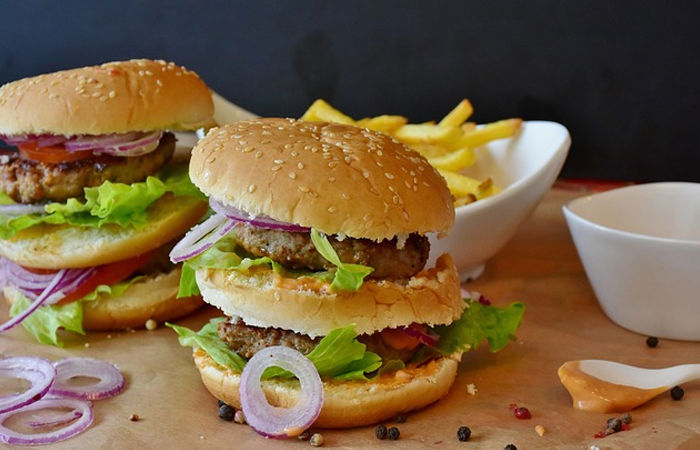
ICMR issues dietary guidelines: In India, 56.4 percent of diseases are caused by unhealthy diet. This has been found in a study. The Indian Council of Medical Research (ICMR) on Wednesday released 17 dietary guidelines to meet essential nutrient requirements and prevent diseases (NCDs) like obesity and diabetes.
Premature death can be prevented by adopting a healthy lifestyle
Health research body, National Institute of Nutrition (NIN) said that healthy diet and physical activity can significantly reduce the incidence of coronary heart disease (CHD) and high blood pressure (HTN) and prevent type 2 diabetes by up to 80 percent. . It says that premature death can be prevented by adopting a healthy lifestyle. The situation is worsened by excessive consumption of sweet and fatty foods, low physical activity, micronutrient deficiencies and overweight problems, and limited access to a variety of foods.
Draft dietary guidelines prepared
NIN urges limiting salt intake, using less oil, getting proper exercise, and cutting down on sugar and ultra-processed foods. It also suggested adopting a healthy lifestyle and being informed by reading food labels and making healthy food choices to prevent obesity. The Dietary Guidelines for Indians (DGI) were drafted by Dr., Director, ICMR-NIN. It has been prepared by a multidisciplinary committee of experts headed by Hemaltha R and has undergone several scientific reviews. There are seventeen guidelines listed in the DGI.
Dr. Hemlata emphasized this
Dr. Hemalta said, 'Through DGI we emphasize that the most logical, sustainable and long-term solution to all forms of malnutrition is to ensure availability, access and affordability of nutrient-rich food. The guidelines contain evidence-based information that will facilitate the achievement of the goals outlined in the National Nutrition Policy. Referring to non-communicable diseases, NIN said that '34 percent of children aged 5-9 years suffer from high triglycerides. A balanced diet should contain no more than 45 percent of calories from grains and millets and no more than 15 percent of calories from beans, legumes and meat. The guidelines say the remaining calories should come from nuts, vegetables, fruits and milk.
Large section of Indian population highly dependent on food grains: NIN
Furthermore, NIN further stated that 'due to limited availability and high cost of pulses and meat, a large section of the Indian population is highly dependent on food grains. This leads to low intake of essential macronutrients (amino acids and fatty acids) and micronutrients. Low intake of essential nutrients can disrupt metabolism and increase the risk of insulin resistance and related disorders from an early age.
 look news india
look news india